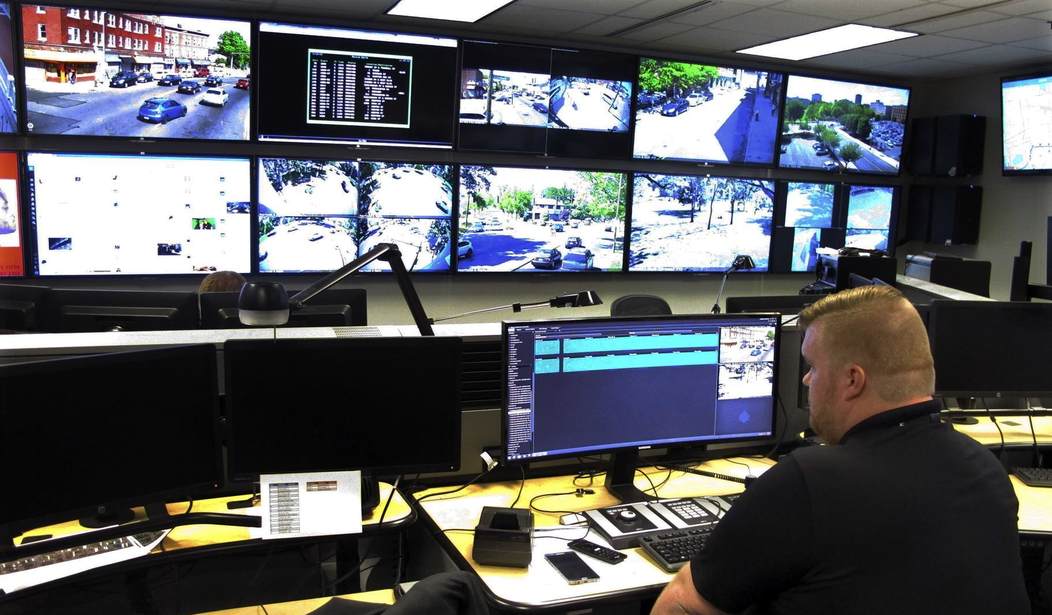“Big Brother is watching you” appeared on billboards in George Orwell’s acclaimed novel, 1984, first published in 1949. Today, that ominous warning is rapidly becoming a reality as governments throughout the world are considering or implementing measures to track their citizens in light of the COVID-19 crisis.
In the past two decades, roughly since the tragic events of September 11, 2001, the U.S. government has increased its surveillance of Americans to a level unforeseen, even by Orwell. Whether it be the National Security Administration (NSA), Central Intelligence Agency (CIA), Federal Bureau of Investigation (FBI), or your supposedly benign local government, you are being watched and tracked at almost every turn.
Making matters even more harrowing, the advent of smart phones, GPS tracking devices, social media, and countless other new technologies has made it easier than ever for private corporations to literally track your every move, thought, and desire. Just think about it, every text message, Google search, phone call, etc. is stored somewhere.
And as we have seen over the recent past, the government is not shy about forcing companies to hand over their users’ utmost private data if they deem it necessary. Although there is a need for NSA, CIA, FBI, or whatever organization that claims jurisdiction to access sensitive personal data in extreme cases, such as an imminent terrorist attack, commonsense and reality shows that these omnipotent agencies have been more than willing to seek data and information that is well outside the bounds of these strict guidelines.
Whistleblowers such as Edward Snowden, a former NSA employee, have exposed some of the surveillance-state actions perpetuated by his ubiquitous former employer. However, who knows what is actually happening in the deep corridors of these agencies, under the auspices of “national security.”
Recommended
In the midst of our current crisis, the same justification could apply to ensuring "national health safety."
Although technology in and of itself is not the primary driver of the increased government surveillance we all come to expect/accept nowadays, it certainly makes it much easier for governments to surveil their citizens. From a historical perspective, the scourge of uber-surveillance has been alive and well for centuries. The Soviet KGB and the East German Stasi are just two examples of the long and sordid history of global government surveillance.
In perhaps the most ominous current case, consider Communist China’s massive surveillance apparatus. In China, every citizen is constantly monitored via the colossal surveillance apparatus enacted by the Chinese Communist Party. In fact, China’s Social Credit System is the most all-encompassing and terrifying surveillance program in world history. And it has been a crucial tool of the Communist Party to supposedly fight coronavirus in China.
For better or worse, most Americans are not immensely concerned with government surveillance—yet. However, when we hear about things like city cameras capturing our every move, we should definitely raise our eyebrows. Even worse, stories abound about seemingly innocuous government surveillance operations that continue to push the envelope while trampling upon privacy rights and individual liberty.
The U.S. Constitution protects our privacy rights for a reason. Before our victory over Great Britain in the War for Independence, Americans (or colonists as they were then known) were victims of British surveillance and spy networks. Indeed, a main reason for going to war against the mighty British military was so Americans would be free from surveillance.
Yet, here we are, more than two centuries later, struggling to avoid the onset of the surveillance state. Although numerous officials from NSA, CIA, FBI, etc. will claim surveillance is necessary to “protect the homeland,” this is a false choice.
Benjamin Franklin warned us, “Those who give up liberty for security deserve neither.” This may be more relevant today than ever before.

























Join the conversation as a VIP Member